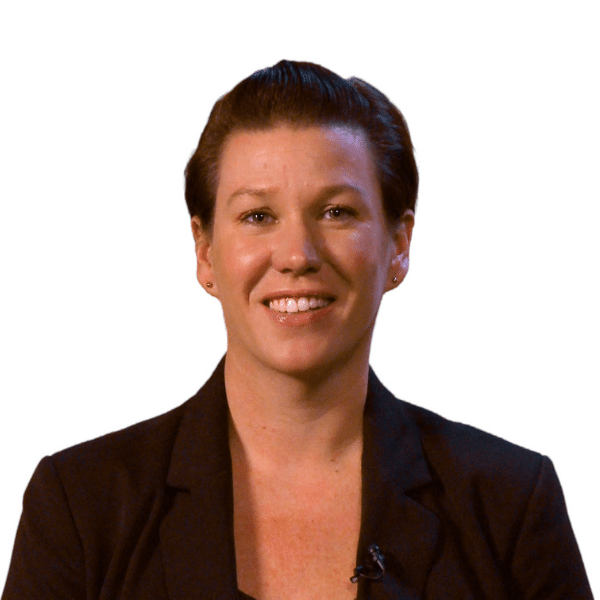Lawyer Proof Your Lab
Home » Lawyer Proof Your Lab
- Workshop
Lawyer Proof Your Lab
- September 16, 2021 //
- 1:00 pm -
- 4:00 pm //
- Monterrey Rooms 1-3
Description:
The last decade has brought about significant changes in forensic DNA analysis that are being challenged in courts across the country. As forensic technologies have become more sensitive, the threat of contamination has increased, and mixture interpretation has become more complex. To deal with this complexity, labs have implemented new statistical software that use probabilistic modelling. This has led to great changes in the language of expert opinions. There have also been significant changes in standards and best practices, including the FBI-QAS and the SWGDAM guidelines. In this workshop, independent forensic DNA experts will discuss some of the problems they see when reviewing work from laboratories around the country, and will offer methods to reduce common errors that result in courtroom challenges.
Learning Outcomes:
This workshop is designed to make forensic DNA analysts aware of how their work may be challenged in court. The workshop will suggest best practices to prevent common courtroom challenges, and how to communicate findings clearly. It will also address ways of dealing with error once it has been identified, including recommendations for transparency and notification of affected stakeholders.
Intended Audience:
Public and private forensic DNA personnel
Description:
The last decade has brought about significant changes in forensic DNA analysis that are being challenged in courts across the country. As forensic technologies have become more sensitive, the threat of contamination has increased, and mixture interpretation has become more complex. To deal with this complexity, labs have implemented new statistical software that use probabilistic modelling. This has led to great changes in the language of expert opinions. There have also been significant changes in standards and best practices, including the FBI-QAS and the SWGDAM guidelines. In this workshop, independent forensic DNA experts will discuss some of the problems they see when reviewing work from laboratories around the country, and will offer methods to reduce common errors that result in courtroom challenges.
Learning Outcomes:
This workshop is designed to make forensic DNA analysts aware of how their work may be challenged in court. The workshop will suggest best practices to prevent common courtroom challenges, and how to communicate findings clearly. It will also address ways of dealing with error once it has been identified, including recommendations for transparency and notification of affected stakeholders.
Intended Audience:
Public and private forensic DNA personnel
Pricing:
- Early Registration$190
- Standard Registration$210
- Virtual Registration$125
Fee includes lunch and materials. We encourage early registration and will be waiving cancelation penalties for 2021.
- Early Registration
- $250.00
- Standard Registration (after July 15)
- $295.00
- Student Registration$195.00
- $195.00
Workshop currently at capacity. A waitlist is available to join on our registration page.



